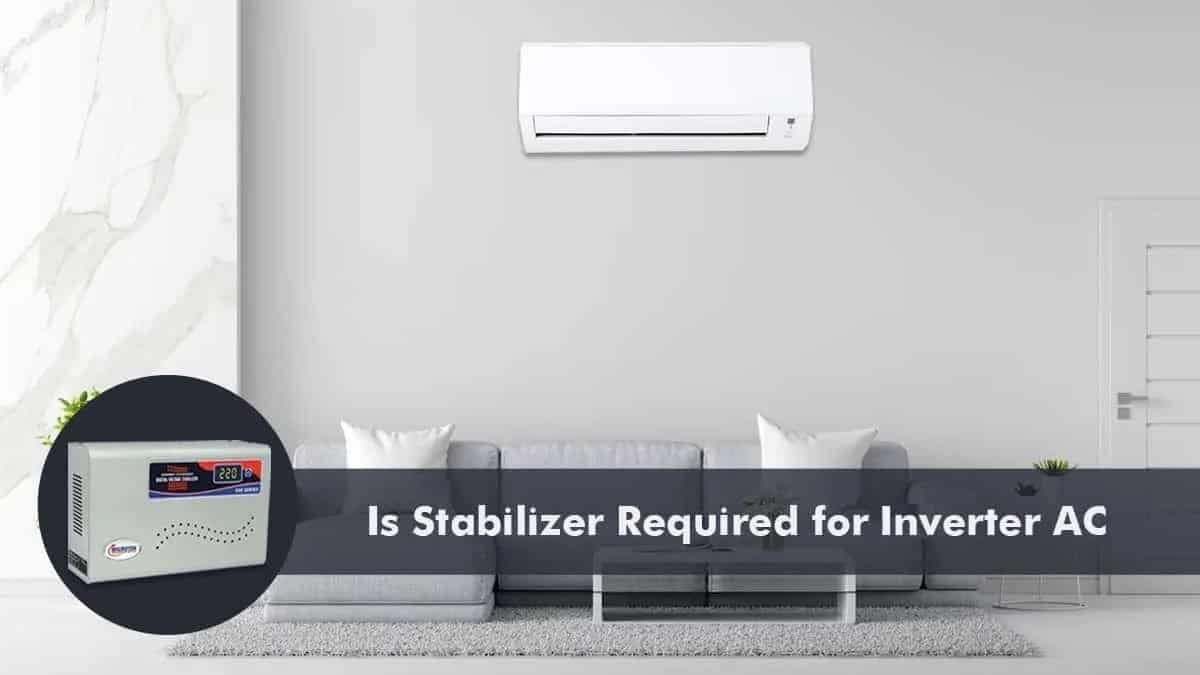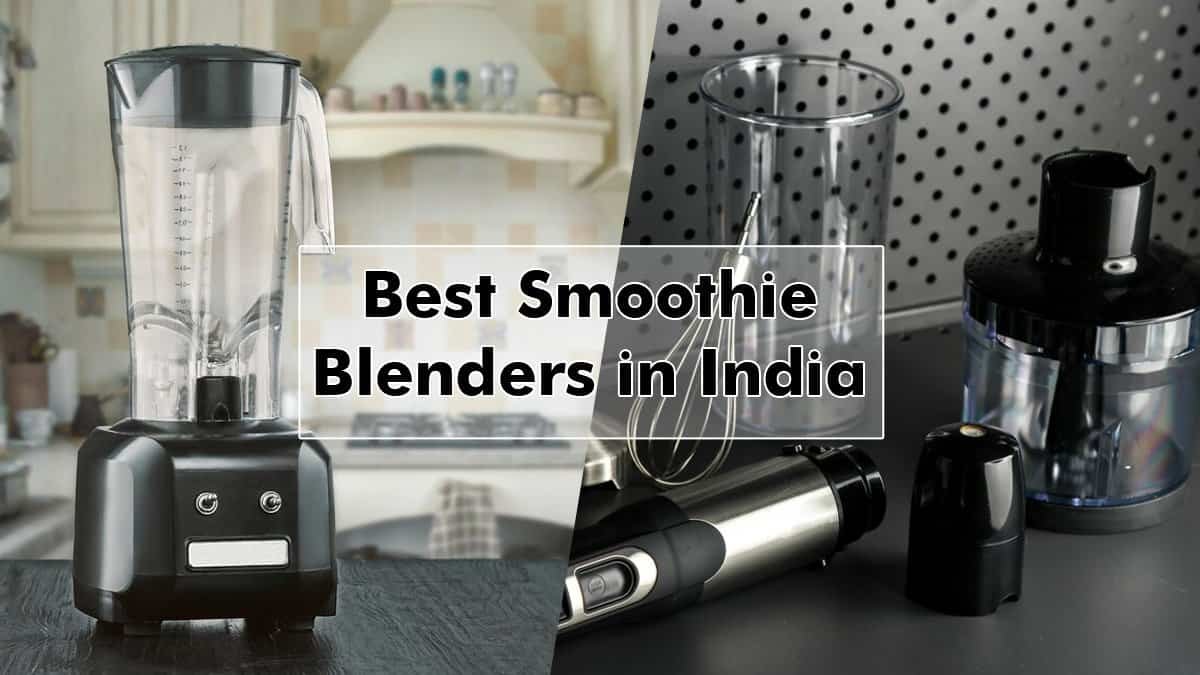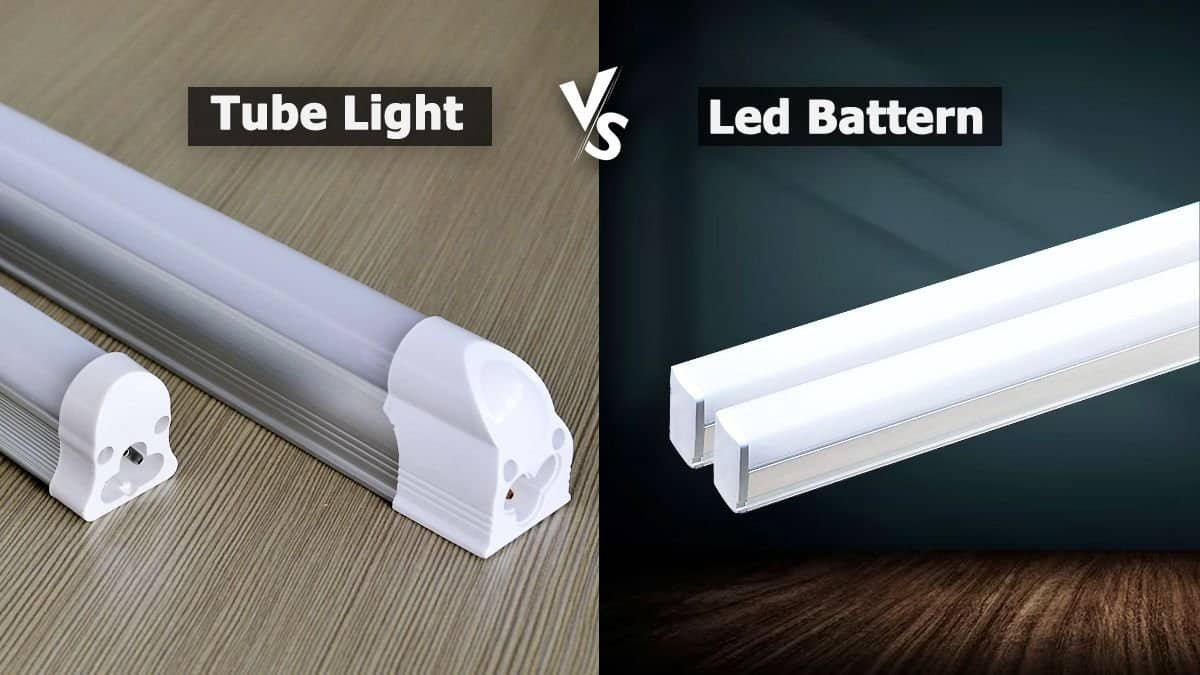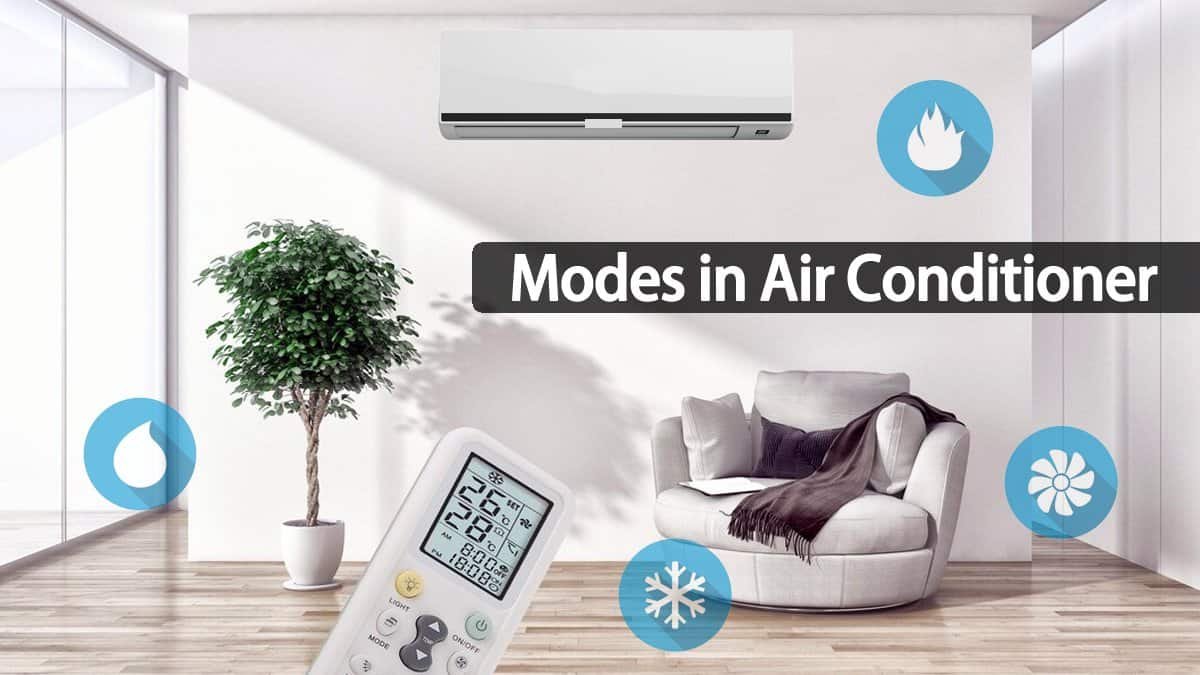With the reliance on electronic appliances and gadgets in modern Indian homes, voltage stabilizers have become essential. The primary function of these devices is to regulate the power supply, ensuring the smooth operation of electronic appliances while protecting them from damage due to voltage fluctuations. However, the big question remains – is stabilizer required for inverter AC in India?
Before we can answer that question, it’s vital to understand what a voltage stabilizer is and how it operates. Essentially, a voltage stabilizer is an electrical device that ensures consistent voltage flow to all electrical appliances- From small air conditioners and computers to larger machinery. It operates as an electrical circuit that strives to maintain a constant voltage regardless of fluctuations or changes in the incoming power supply.
The primary purpose of a voltage stabilizer is to safeguard electronic gadgets from potential harm caused by voltage fluctuations, whether they be increased or decreased. By offering maximum protection, stabilizers serve as a vital shield against overvoltage and undervoltage issues that could otherwise result in irreversible damage.
Now, with this foundation laid, we will embark on a journey to unravel whether an inverter AC truly requires a stabilizer. We will uncover the truth behind this widely debated topic by exploring the advantages and energy efficiency of inverter technology and the working mechanism of AC voltage stabilizers. So, let’s focus on whether a stabilizer is necessary for an inverter AC.
We will begin by discussing the different types of voltage stabilizers.
Table of Contents
Different Types of Voltage Stabilizers
- Relay-type voltage stabilizers,
- Servo-controlled voltage stabilizers
- Static voltage stabilizers.
These stabilizers are available in various output ranges. A typical range voltage stabilizer ensures an output of 200-240 volts with a 20-35 volt boost/buck and an input voltage ranging from 180-270 volts. On the other hand, a wide range of voltage stabilizers ensures a 190-240 volt voltage output with a volt boost/buck of 50-55 volts and an input voltage ranging from 140-300 volts.
Understanding Inverter AC
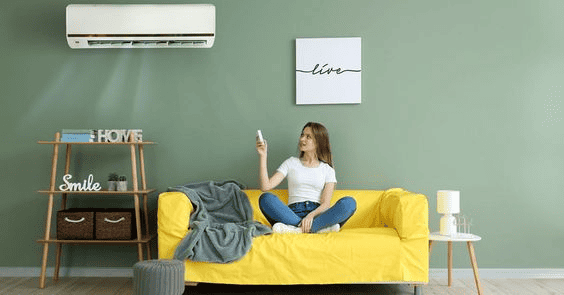
Inverter air conditioners (ACs) are popular due to their energy-efficient operation and precise temperature control. These ACs utilize advanced technology to provide a comfortable indoor environment. The functioning of an inverter AC involves a compressor that adjusts its speed based on the cooling requirements. Unlike conventional ACs with fixed-speed compressors that constantly turn on and off, inverter ACs maintain a consistent cooling level by varying the compressor speed. This results in reduced energy consumption and better temperature regulation.
Now that we understand what Inverter ACs are, this brings forth the question – do you really need a Stabilizer for an Inverter AC?
Let’s Explore the Need for a Stabilizer in an Inverter AC
Indeed, an inverter AC requires a stabilizer to function smoothly and avoid any irreversible damage caused by power fluctuations. Although inverter ACs come with internal voltage regulation systems that can handle moderate voltage variations, integrating an advanced voltage stabilizer provides an extra layer of protection.
By maintaining stable voltage levels, a stabilizer ensures your AC operates at optimal efficiency, especially in areas with inconsistent power supplies or severe voltage fluctuations in india. It is recommended to consult a qualified technician or refer to the manufacturer’s guidelines to select the appropriate stabilizer based on your location and power conditions.
Advantages of Using a Voltage Stabilizer for an Inverter AC
Using a voltage stabilizer for an inverter AC offers several advantages, including:
- Maintains stable power supply for optimal AC performance.
- Guards against voltage spikes, surges, and fluctuations that can harm the AC.
- Enables consistent cooling, precise temperature control, and reliable operation.
- Minimizes electrical hazards and ensures user safety.
- Maintains steady voltage for other connected devices’ protection.
Our Top Picks for Inverter AC Stabilizer
MICROTEK EM4160 Automatic Voltage Digital Display Wall Mounted Stabilizer(160V-285V)
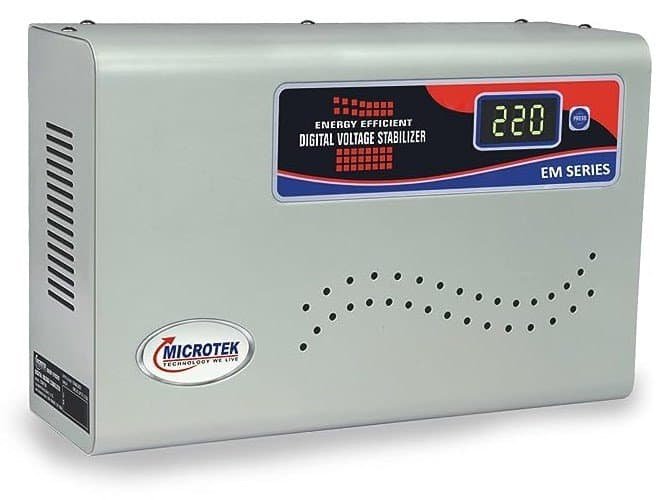
Candes Crystal VS-4100MS 4kVA for 1.5 Ton / 1 Ton AC (100V to 285V) Voltage Stabilizer
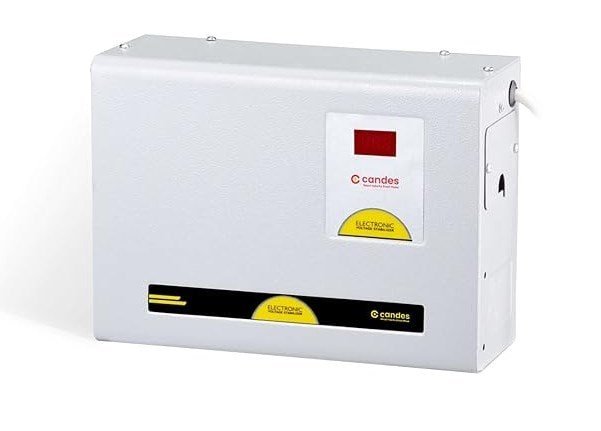
V-Guard VIG 400 Voltage Stabilizer for 1 Air Conditioner Upto 1.5 TON
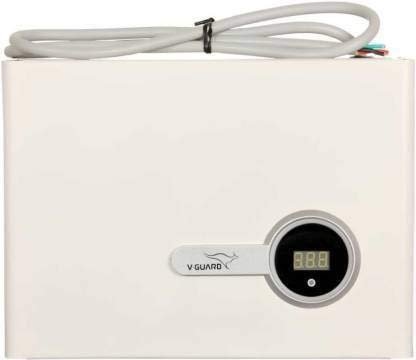
So, Is Inverter Technology Actually Efficient?
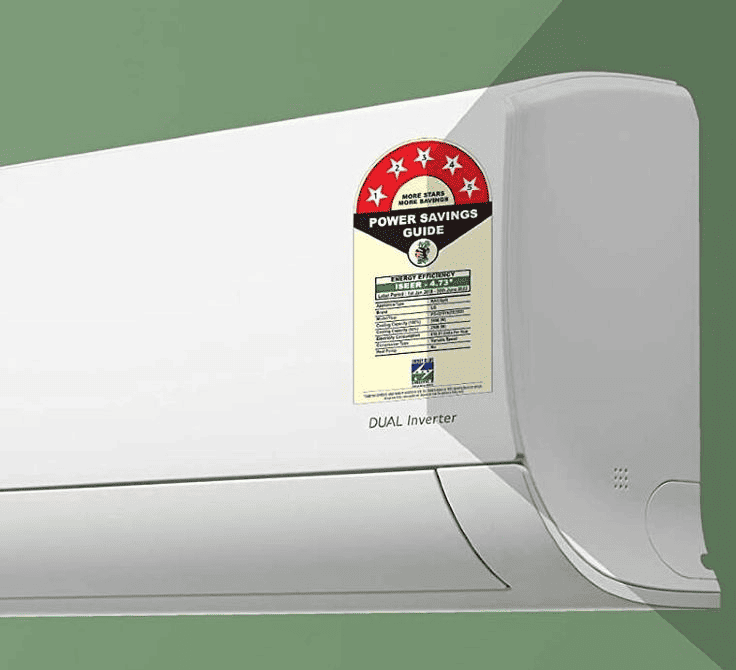
Undoubtedly, inverter technology is highly efficient when it comes to cutting down energy expenses. In fact, it has been demonstrated that switching to an inverter technology device can lead to notable savings on one’s electricity bill. It’s important for the user to bear in mind that turning on and off the device frequently doesn’t actually contribute towards better energy efficiency. Instead, maintaining a stable temperature range with extended use preserves energy. By making the most of all that inverter technology offers, you can take advantage of substantial benefits—namely, enhanced energy efficiency and reduced power consumption.
What is the Working Mechanism of an AC Voltage Stabilizer?
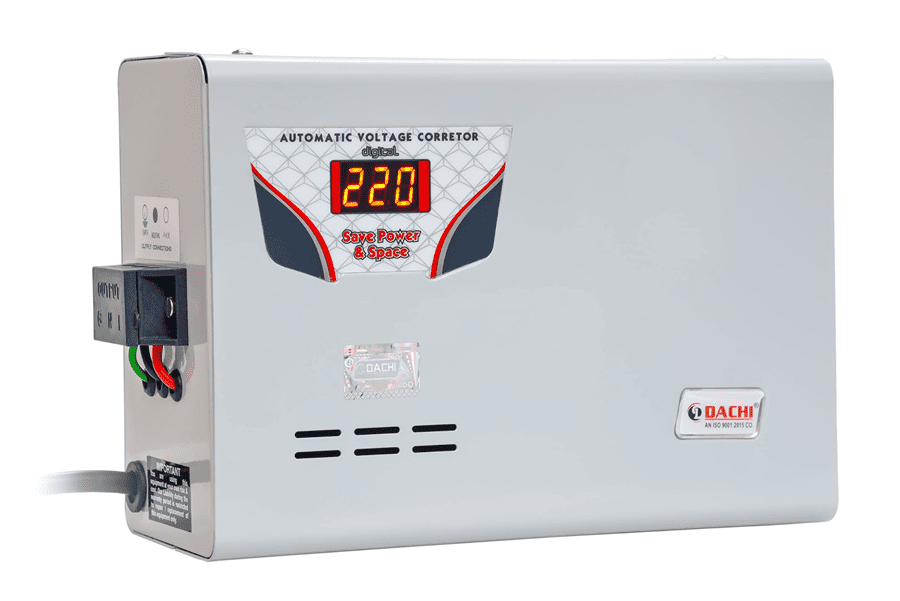
The AC voltage stabilizer plays a crucial role in regulating and maintaining a consistent and safe power supply to connected appliances. By utilizing electronic components like transformers, relays, and control circuitry, the stabilizer automatically adjusts the output voltage to keep it within a specific range, even in the face of fluctuations in the incoming voltage. Continuously monitoring the input voltage, the stabilizer compares it to the desired output voltage and activates corrective measures if any deviation occurs. This ensures that appliances are protected from potential damage and can operate smoothly. The AC voltage stabilizer serves as a reliable guardian, providing stability and reliability to the electrical system.
Also Read
- The Mechanics of How is AC Gas Filling Done – A Complete Guide
- Different Types of Air Conditioners: Find Your Best Match
- Unlocking Energy Efficiency: What is ISEER Rating for Air Conditioners
The Bottom Line
To sum up, the decision to use a stabilizer in conjunction with an inverter AC relies on various factors, such as the extent of voltage fluctuations in your location and the specific AC model. Inverter ACs are fabricated with built-in voltage regulation systems that can handle moderate variations in voltage.
However, incorporating a stabilizer can offer supplementary protection and guarantee optimal performance, especially in areas where there are severe fluctuations or inconsistent power supply. It is critical to seek guidance from a qualified technician or manufacturer guidelines to determine your inverter AC’s specific requirements in India. By making an educated choice, you can shed light on reality and ensure your system’s enduring and efficient functioning.
FAQs
Is it necessary to use a stabilizer with an inverter AC?
While inverter ACs are equipped with built-in voltage regulation mechanisms, the requirement for a stabilizer depends on factors such as the severity of voltage fluctuations in your area and the specific AC model. Using a stabilizer can provide additional protection and ensure optimal performance in regions with frequent voltage fluctuations or inconsistent power supply.
What are the potential risks of not using a stabilizer with an inverter AC?
Without a stabilizer, an inverter AC is more vulnerable to voltage spikes, surges, and fluctuations. These voltage irregularities can potentially damage the sensitive electronic components of the AC, leading to system failure or reduced lifespan. Additionally, the unstable voltage can negatively impact the AC’s cooling performance and energy efficiency.
Can using a stabilizer with an inverter AC help save energy?
While the primary function of a stabilizer is to regulate voltage, it indirectly contributes to energy savings. The stabilizer helps the inverter AC operate optimally by ensuring a stable power supply. This means the AC can cool the room effectively using less energy, resulting in potential energy savings in the long run. To know more, refer to the post mentioned above.
How do I determine if I need a stabilizer for my inverter AC?
It is recommended to consult with a qualified technician or refer to the manufacturer guidelines for your specific inverter AC model. Factors such as the voltage conditions in your area, the sensitivity of the AC to voltage fluctuations, and the power supply quality should be considered. A professional assessment will provide insights into whether a stabilizer is necessary for your inverter AC.
